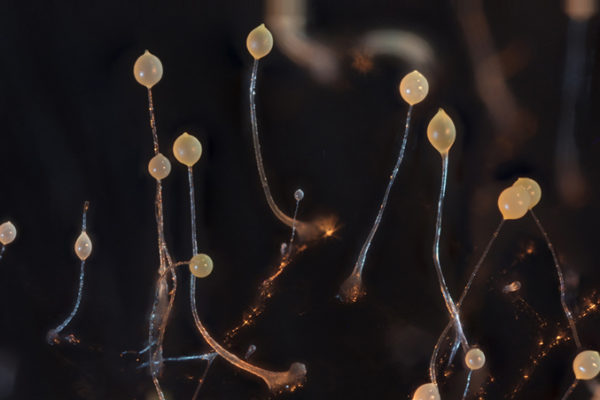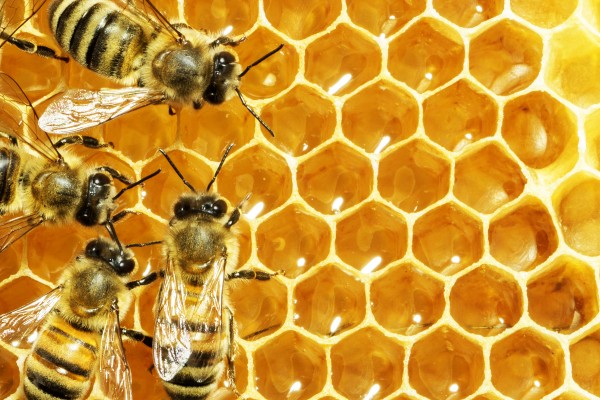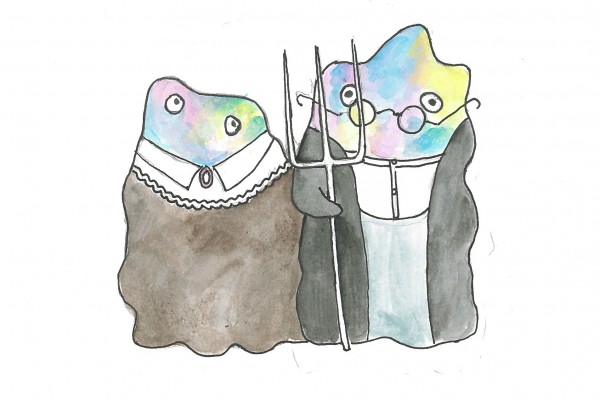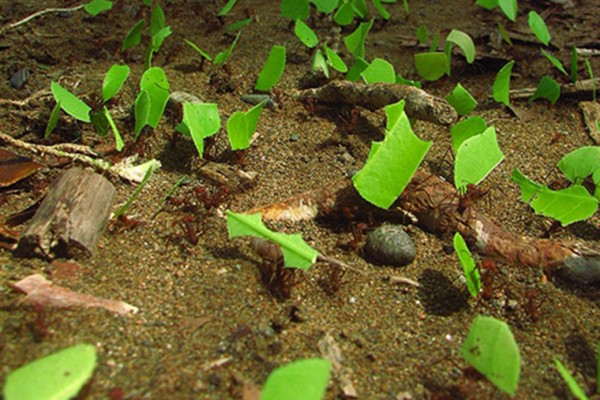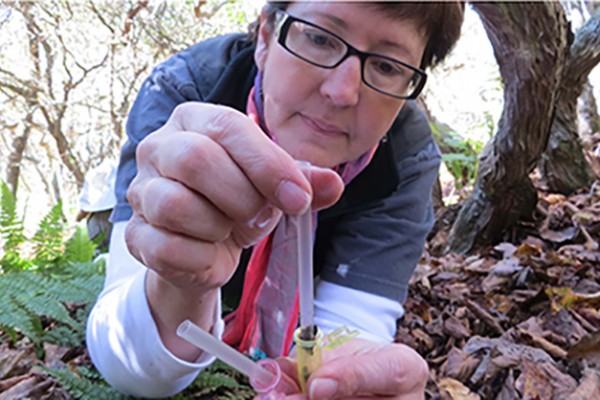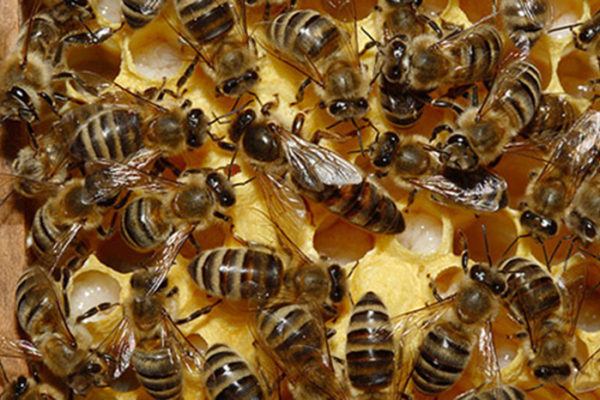Queller’s research interests include evolutionary biology, particularly the evolution of social interactions: the evolution of altruistic behavior, parent-offspring conflict; conflict and cooperation in social insects and social amoebae; mating systems and sexual selection in plants and animals; applications of population genetic and quantitative genetic methods in these areas.
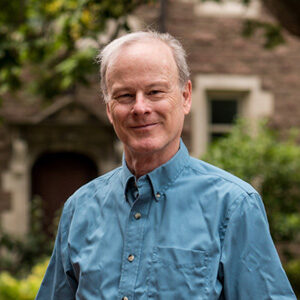
David Queller
Spencer T. Olin Professor of Biology
Contact Information
- Phone: 314-935-3528
- Email: queller@wustl.edu
- Website: Website
Media Contact
Stories
Arms races and cooperation among amoebae in the wild
Using new gene sequencing techniques, Washington University biologists are taking a closer look at the behavior of the social amoeba Dictyostelium discoideum, or Dicty for short.
The secret life of bee genes
Genes inherited from mothers (matrigenes) and fathers (patrigenes) usually work harmoniously in the offspring. However, kin selection theory predicts these genes may be in conflict in interactions among relatives in which they are unequally represented (half-siblings). In honey bees, patrigenes are predicted to favor daughters that lay eggs themselves rather than remaining sterile and rearing their half-sisters’ offspring. An experimental test bears out this prediction.
Bacterial infection makes farmers out of amoebae
A bacterial infection turns non-farming social amoebae into farmers, Washington University evolutionary biologists report in the Aug. 24 issue of Proceedings of the National Academy of Sciences.
Do cheaters have an evolutionary advantage?
What is it with cheating? Cheaters seem to have an immediate advantage over cooperators, but do they have an evolutionary advantage? A study published in Current Biology suggests the benefits of cheating change with its prevalence,in a population. Cheaters may succeed, for example, only when they are rare, and fail when they become so numerous they push out cooperators.
Is blood really thicker than water?
The outcome of a duel between mathematical models supports the reigning theory of the genetics of altruism. Called inclusive fitness, it says altruism is competitive if it benefits relatives carrying the same gene as the selfless individual. Attacked by a Nature article published in 2010, it is defended by Washington University evolutionary biologist David Queller.
WUSTL to race wild strain of amoeba in World Dicty Race 2014
Biology researchers at Washington University in St. Louis are placing their bets on the wild side as they prepare a pack of social amoeba for competition Friday, May 16, in the first-ever Dicty World Race, an international science competition that carries a $5,000 prize for the single-celled organism deemed to be the “smartest and fastest” in negotiating a microscopic maze.
Microbes buy low and sell high
Microbes set up their own markets, comparing bids for commodities, hoarding to obtain a better price, and generally behaving in ways more commonly associated with Wall Street than the microscopic world. This has led an international team of scientists, including two from Washington University in St. Louis, to ask which, if any, market features are specific to cognitive agents.
Ignorance is sometimes bliss
Evolutionary biologist W.D. Hamilton predicted that organisms ought to evolve
the ability to discriminate degrees of kinship so as to refine their ability to direct help to individuals with whom they shared the most genes. But two WUSTL biologists point out that there seem to be many cases where “a veil of ignorance” prevents organisms from gaining this kind of information, forcing them to consider a situation from the perspective of all members of their group instead of solely from their own perspective or that of their close kin.
Cheating — and getting away with it
We would all like to believe that there is a kind of
karma in life that guarantees those who cheat eventually pay for their
bad behavior, if not immediately, then somewhere down the line. But a
study of a new gene in the amoeba Dictyostelium discoideum suggests that, at least for amoebae, it is possible to cheat and get away with it.
Queller installed as new Spencer T. Olin Professor of Biology
Evolutionary biologist David C. Queller, PhD, was installed Oct. 16 as the Spencer T. Olin Professor of Biology in Arts & Sciences in a ceremony in Holmes Lounge.
Close family ties keep cheaters in check, study finds
Any multicellular animal poses a special difficulty for the theory of evolution. Most of its cells will die without reproducing, and only a privileged few will pass their genes. Given the incentive for cheating, how is cooperation among the cells enforced? In the Dec. 16 issue of the journal Science, Washington University in St. Louis biologists Joan Strassmann and David Queller suggest the answer is frequent population bottlenecks that restart populations from a single cell.
